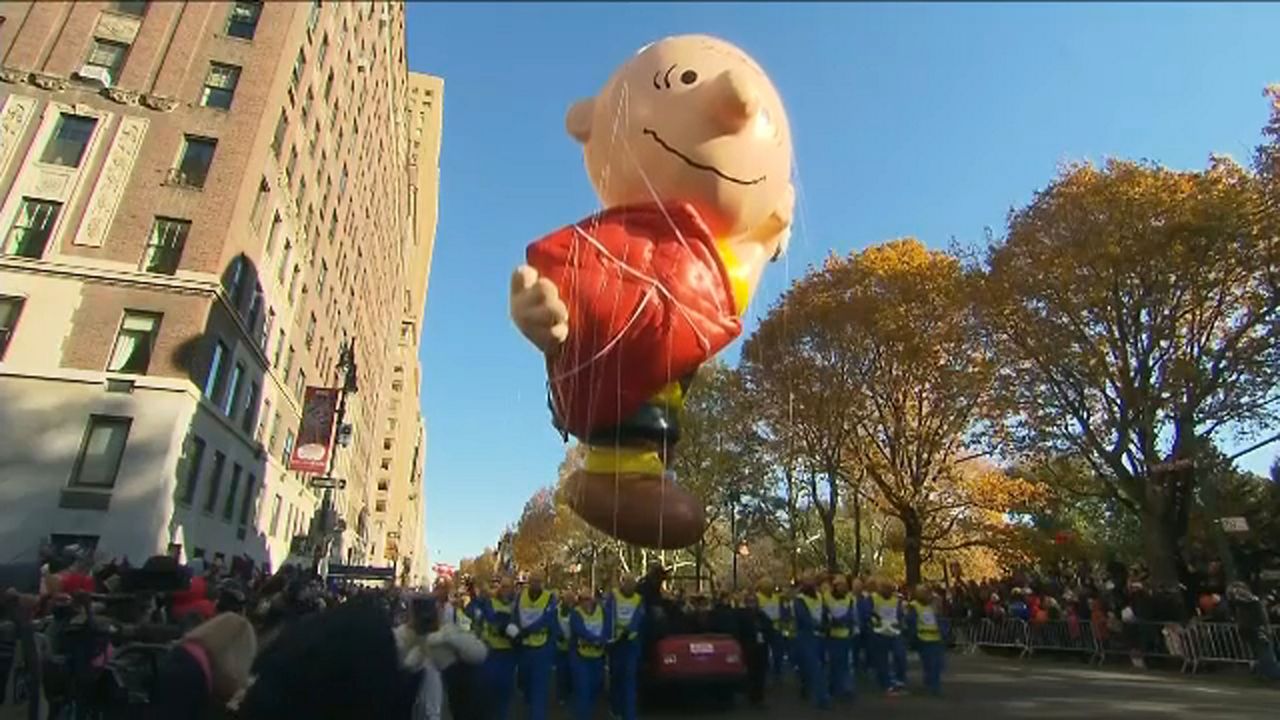AUSTIN, Texas - It's like clockwork.
Jan. 1 is always the day to kick off New Year's resolutions, but more often than not, they fizzle out by February.
"This is universal; it happens to everybody," said Anne Grady. "In fact, less than ten percent of people who make New Year's resolutions actually accomplish them."
Grady is a motivational speaker and author with more than 20 years of experience.
She said when it comes to the "new year, new me" mentality, people get overwhelmed trying to meet that resolution immediately.
"It's really about making daily choices that get you closer to reaching your goal," said Grady.
For instance, instead of setting a goal to lose weight, it's better to do something you can track daily, like walking 5,000 steps a day.
"A lot of people say 'oh, I want to lose ten pounds,' but they go to the gym a couple of times and don't see results right away and they start to feel discouraged," said health and fitness instructor Kristin Crawford.
Eating healthy and exercising always seem to top the list of resolutions people make for the new year, and with so many fitness trends, what works for one person might not be ideal for you.
"Every time I got up there to the treadmill or was about to put my tennis shoes on to run, I felt meh," Crawford explains. "Like I just don't love that. Whereas I have a friend who she can't wait to put her tennis shoes on and go for a run."
No matter what your goal is, Grady said there are three things you should do to ensure your resolution sticks: "Be specific, have a strategy, and know what your priorities are so your actions match your intentions."
When it comes to setting that goal, choose something you can keep up long-term. After all, you've got 365 days to make it work.











